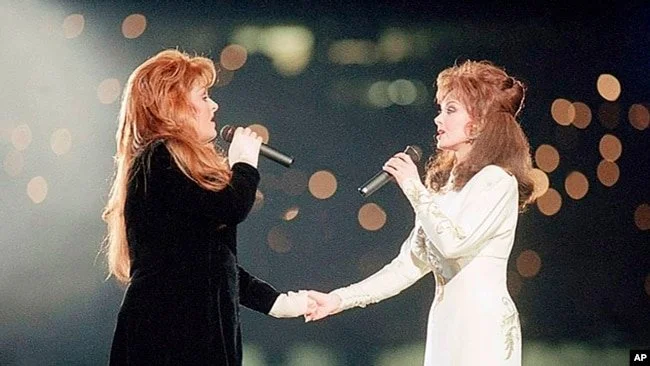Super Bowls create media storms, but many journalists and sports executives thought what happened in 1988 was totally out of bounds.
The establishment was shocked when players and coaches from Denver and Washington, D.C., held a prayer meeting on the eve of this NFL rite. The powers that be worried that "fraternization" of this kind could damage this clash between gridiron warriors.
To make matters worse, players from competing teams soon began kneeling in post-game, on-field prayer huddles as a symbol of unity and, often, shared concerns about injured players. Players waved off league efforts to stop the prayer circles.
"For the NFL, this was a corporate thing," said historian Paul Putz, of Baylor University's Faith & Sports Institute. Executives are "fine with prayer, as long as it isn't tied to anything controversial or a specific brand of religion. …
"The NFL didn't mind prayers that were out of sight, maybe in locker rooms with chaplains. But then things started happening on television. That was too much."
That was then. The electric wave of prayer that swept America after Buffalo Bills safety Damar Hamlin's heart-stopping injury was, he said, a "critical mass" moment and a sign of changing times -- maybe.
The key was that this drama happened on "Monday Night Football," with anguished players from both teams huddled around Hamlin near midfield, many visibly praying, as first responders fought to save his life.
It was natural for broadcasters to acknowledge the explosion of social-media commentary from athletes, coaches and others -- including fervent calls for prayer. All 32 NFL teams soon posted #PrayForDamar appeals.
"We have never seen anything like this before," said Putz. It became clear that it "was OK to tweet messages that went way beyond the usual thoughts and prayers."
The question, added Putz, is what happens next.










